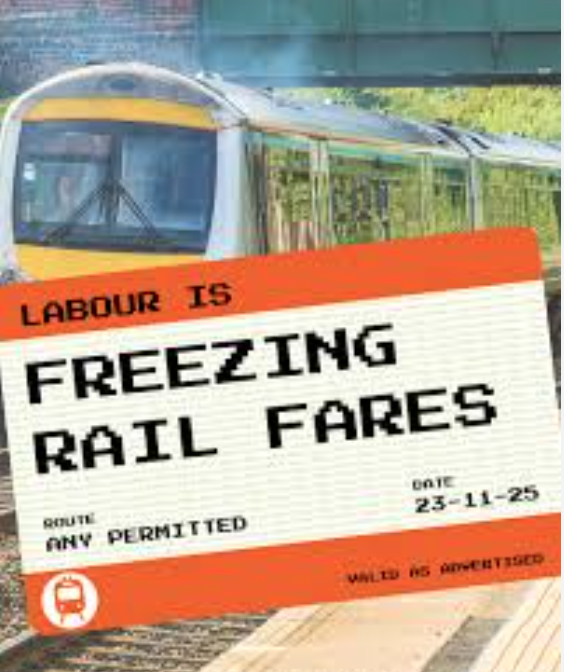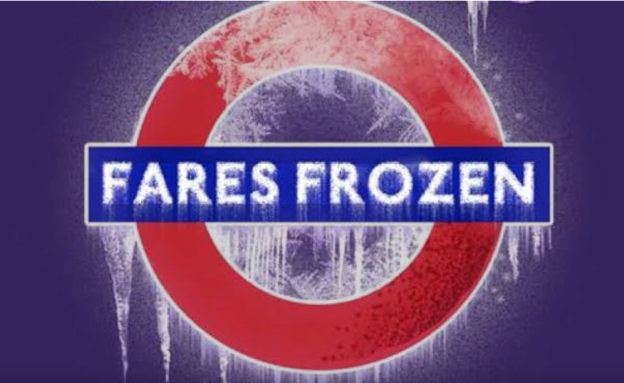After the Chancellor froze train fares today in her long awaited budget speech for the rest of the country, there is a very good of the same happening in London as well.
Now the simplest interpretation of this would be TfL keeps fares at current levels rather than implementing the planned 3.6% rise.
A transparent back-of-the-envelope calculation on what a TfL fare freeze would roughly cost begins with TfL passenger (fare) revenue was £5.0 billion in fiscal 2024/25. (This is TfL’s passenger revenue level reported in recent finance material / credit commentary).
Here the calculation would be Passenger revenue × planned increase = cost of not taking that rise. That is £5,000,000,000 × 0.036 = £180,000,000. So its approximately £180 million per year (rounded) of foregone revenue if passenger revenue is £5 billion and the avoided increase is 3.6%. A useful comparator here is when the Mayor previously identified £123m of GLA funding to freeze fares for a year in an earlier package.
Alternatively, if TfL instead matched a higher national rail-style freeze (say 4.6% which applies to some regulated fares), and you conservatively treat the whole passenger base as affected by the calculation £5,000,000,000 × 0.046 = £230,000,000. So we have approx £230 million per year in lost revenue in that (pessimistic) case.
Some caveats will of course need to be made, as the real number can differ. Firstly not all fares move by the same % (some are nationally regulated; some TfL sets itself), thus the total loss depends on which fare types are frozen.
Secondly we have the ridership effects — fare freezes can slightly increase journeys (or limit passengers lost to higher fares), changing the yield but l won’t be surprised if TfL’s passenger income is also sensitive to journey counts and ticket mix.
Thirdly, TfL’s published “gross service income” is split by mode (Underground, buses, Elizabeth line, etc.); a more accurate model would apply different % changes to those mode-specific revenues. The 3.6 / 4.6% figures are applied here as a single average for simplicity.
And finally the figures above are annual ones — a one-year freeze costs roughly the amount calculated for that year, as of course multi-year freezes multiply the impact unless offset by other measures (savings, grants).
So in summary a TfL fare freeze that simply cancels a 3.6% planned rise would cost roughly £180m/year, using a £5.0 billion passenger income baseline. If larger regulated increases (4–5%) were avoided across the board the cost could be in the £230m/yr range, or higher if you use a larger passenger income base. This has of course been done before by the Mayor and during a cost of living crisis, you would think it is doable again. It is just a question of what level one should implement against the national trend now set by the Chancellor.

Furthermore, with TfL projecting a net income of £75 million in the first full financial of ending of the EV exemption from Congestion Charge from the 2nd of January 2026, here is another source of monies to be able to freeze tube fares in London.
